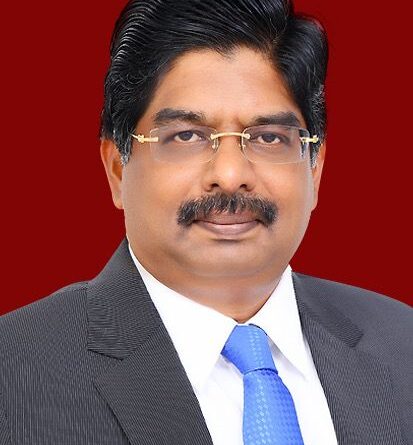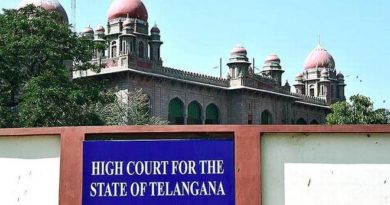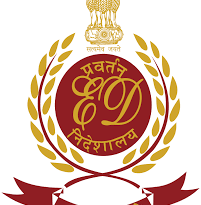Madras High Court Upholds 7.5 Per Cent Medical Quota For TN Government School Students
(Judicial Quest News Network)
In a big victory for the DMK government in Tamil Nadu, the Madras High Court on Thursday upheld the 7.5 per cent quota for govt school students in medical admission for undergraduate courses in Tamil Nadu.
The Judgement was passed by the bench of Chief JusticeMunishwar nath Bhandari and Justice DBharatha Chakravarthy in a batch of petitions challenging the constitutionality of Tamil Nadu Admission tounder graduate courses in Medicine, Dentistry, Indian Medcine and Homeopathy on preferential basis to students of Government Schools Act,2020 (Act.No 34 of 20202).
The impugned Act (TN Act 34 of 2020) provides fora horizontal, preferential admission to an extent of 7.5% of Government seats in the medical institutions in Tamil Nadu to the students who studied in the Government Schools.
The definition of Government Schools is found in Section 2(c) of the impugned Act. Section 2(h) defines private schools. These reservations are not communal reservations. It cannot even be called as reservations per se, but it is only a preferential source of admissions to the Government seats as defined under section 2(b) of impugned Act to the UG courses to the Medicine, Dentistry, and Indian Medicine and Homeopathy institutions in the State.
The order, having far-reaching consequences, is considered a big boost to the DMK government’s commitment to ensuring social justice, the plank on which the Dravidian movement was raised.
DMK government contended that the intent behind extending such a reservation is to uplift government school students who suffer from economic, social and educational backwardness.
Earlier, Senior Counsel Sriram Panchu, the counsel for the petitioner argued that Article 15(1) cannot apply to a situation like this as Article 15 (1) is for very exceptional categories.
“We direct the state government to review the same in a period of five years as recommended by the Commission and during the intervening period steps may be taken to improve the standard in government schools so that the reservations may not be further extended beyond five years.
The State Government submitted that the quota was meant to bridge the gap between the rural-urban and rich-poor sections in medical admissions and that the state has is empowered and competent enough tobring in such institutional preferences.
Earlier a meeting was convened under the Chairmanship of the Chief Minister on 08.06.2020, wherein it was decided among others, to place the recommendations of the Justice Kalaiarasan committee before the Cabinet for its decision.
Based on the above, a Bill was introduced in the State Legislative Assembly and the same was passed to provide preference in admission to undergraduate courses in Medicine, Dentistry, Indian Medicine and Homeopathy for the students who studied in Government Schools and have qualified in NEET. When the same was pending for assent before the Hon’ble Governor, the State Government, in order to give a minimum percentage of seats for entry into Medical/Dental Courses, issued an Executive Order vide G.O.(Ms) No.438, Health and Family Welfare (MCA-1) Department, dated 29.10.2020 and G.O.(3D) No.19, Health and Family Welfare (MCA-1) Department, dated 29.10.2020, to accommodate the Government School students who could not go to the coaching centres because of their financial crisis but have cleared the NEET UG-2020 Examination.
Senior Counsel and Rajya Sabha Member P.Wilson appearing fort he higher education department, in his written submissions contended that allocation of 7.5 per cent seats for students from government schools cannot even be called ‘reservations ‘but only to be construed as creating a source of admission for which the state is empowered under Entry 25, List III of the Constitution’s Seventh Amendment.
He further contended that the impugned Act categorizes the schools into (a) Government Schools (section 2(c)) and (b) Private schools (section 2(h)). These two categorizations are separate sources of entry/admissions in to the various government seats to be filled up in various medical institutions in the State. Out of the two sources of admissions, one source namely, the government schools, is given preference in admissions to an extent of 7.5%.




